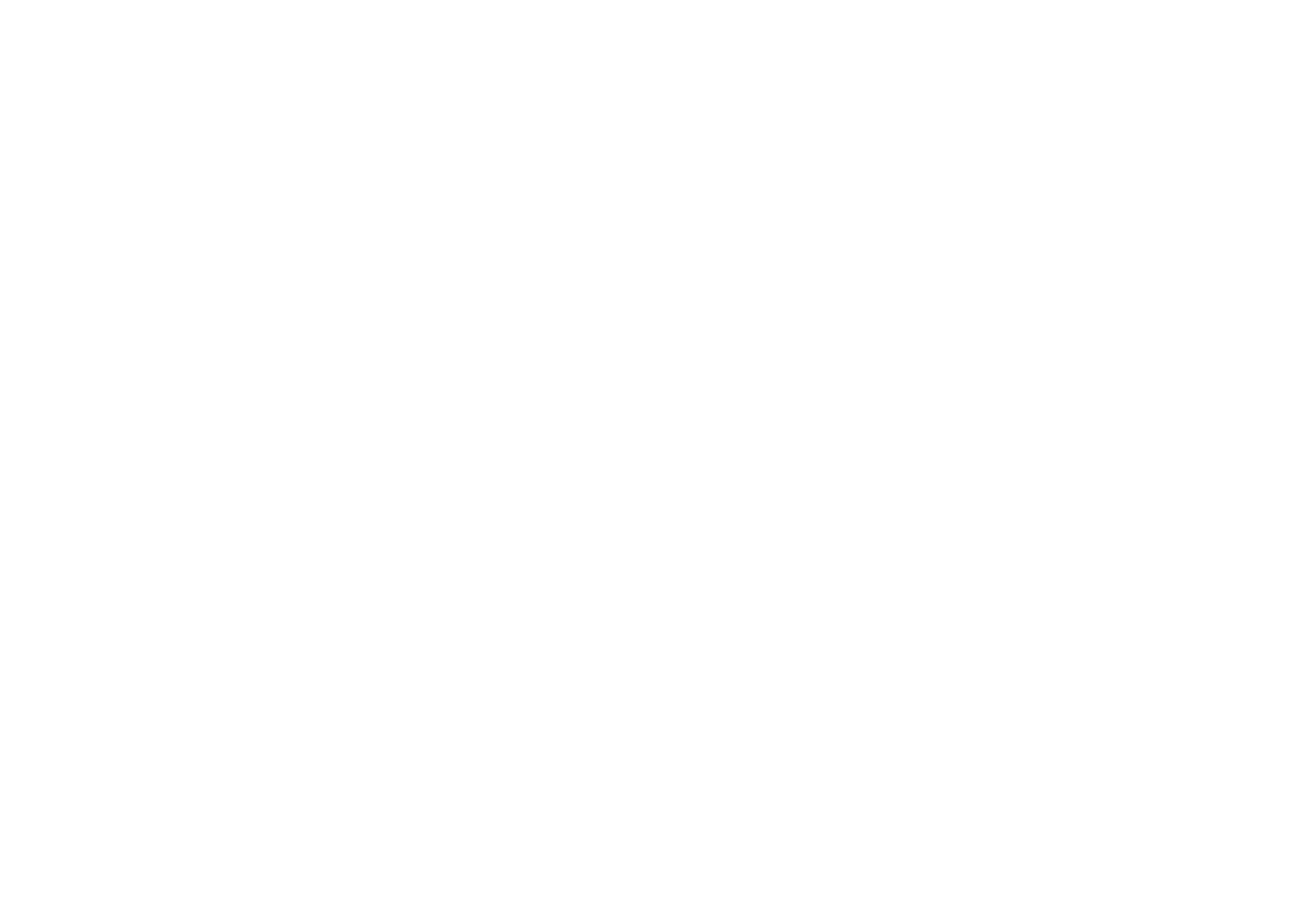By Rabbi Joel Mosbacher
Did he mean that Jews who vote for Democrats are being disloyal to America?
No, no, he didn’t mean that, some argued this week. He meant: Jews who don’t vote for Republicans are being disloyal to Israel.
Oh, don’t be ridiculous, still others said. Don’t overreact. His own grandchildren are Jewish for God’s sake. He didn’t mean that. He meant that Jews who don’t vote for him are being disloyal to other Jews.
Here’s the thing, my friends – whichever of these things President Trump meant when he called 80% of American Jews stupid or disloyal, whatever he meant, it was bad for the Jews. And it was unacceptable. And it was dangerous for the Jews. And it was unbecoming of someone holding that office. And it should scare us as Jews, whomever we pulled the lever for in 2016. Did I mention that it was bad for the Jews?
Whatever the President meant, as New York Times columnist Bari Weiss wrote today, “will white supremacists, like the one arrested Monday in Ohio, or the one arrested Tuesday in Miami, parse these Talmudic distinctions about who was, in fact, the subject of the disloyalty in that Tuesday sentence? Or will they hear – as they have always heard in this President’s rants against the globalists, the elitists, the invading immigrants organized by George Soros, and all the shady forces keeping the hard-working men and women of America down – the word “Jew”?
There are historically dangerous overtones to the President’s words if what he meant is that Jews who vote Democratic are disloyal to America. No matter how long we as Jews have lived in a country, no matter the service we have rendered to that country, our military participation in defense of that country, no matter what, there are those who ask: “Do Jews really belong here?” And unfortunately, as David Harris of the American Jewish Committee said this week, that is the specter the President of the United States raised this week.
I don’t know whether the President is anti-Semitic. But I do know that when he says these words, he is peddling in places and spaces that allow avowed anti-Semites in the country to know that they have cover from the top to maneuver in whatever way they wish, which can be just as dangerous. And as we’ve seen anti-Semitism rise nationally and globally from many directions, we should be asking ourselves: “Are our leaders contributing to that environment, or are they doing things to tamp down that danger?”
As to the suggestion that what the President meant is that Jews who vote Democratic are being disloyal to Israel, the idea that the Democratic party stands against Israel is certifiably false. Regardless of how you feel about Representative Rashida Tlaib and Representative Ilhan Omar – and I disagree profoundly with their views on the BDS movement – they are two junior members of the Democratic party. They do not represent the majority or even a sizable faction within the party.
Indeed, last week, over 40 freshman Democrats visited Israel. Israeli journalist Yossi Klein HaLevi described them as a diverse group of policymakers who were empathetic to Israeli security concerns and excited to be there. Representative Nita Lowey, chairwoman of the extremely powerful House Appropriations Committee; Hakeem Jeffries, likely the next speaker of the House and the highest-ranking African-American in the House; House Speaker Nancy Pelosi, and Senate Minority Leader Chuck Schumer all have impeccable pro-Israel records. The notion that the Democratic party supports cutting foreign aid to Israel is laughable, especially considering that the last person in Congress to actually block aid to Israel was Senator Rand Paul.
If the President’s words are about loyalty to Israel, this, too, is an anti-Semitic canard based on the assumption that Jews can never fully be citizens of the country they reside in in the diaspora, because of the assumption that we have dual loyalty. To suggest that an American citizen’s loyalty is to another country is reminiscent of the Dreyfus Affair in France 125 years ago.
Which leads us to the other suggestion that has been bandied about this week – that what he meant was that Jews who don’t vote for him are being disloyal to other Jews.
If we take up this generous read of the President’s words, we can only conclude that his goal is to divide the Jewish people. He hopes that by dividing us, by frightening us, he will win re-election. Perhaps that’s why he bullied Prime Minister Netanyahu to reverse Israel’s initial decision to allow Representatives Omar and Tlaib to visit Israel – so that the President could call the majority of American Jews disloyal. We recognize this tactic in our history, too. Anti-Semites seek to sow community discord because they know that a community that is at one another’s throats is weak.
As my colleague and friend Rabbi Ken Carr wrote this week, since the biblical book of Samuel, when God tried to warn us about fealty to earthly kings, “we Jews have known that loyalty to the ideas and ideals that inspire us to reach our greatest potential as individuals and nations supersede support for any politician or party. Jews demonstrate our loyalty to America, to Israel, and our communities every time we urge being better and doing better than we currently are.” Republican Jews and Democratic Jews have each proven themselves capable of committing themselves to such ideals; there is no reason that Jews of different political persuasions should be divided, should sit in different sections of the sanctuary, should feel the need to have their own congregations, should begin to accuse each other of disloyalty. Let’s not start now. Because there is an interpretation of the President’s words that would suggest that that is what he wants. And, as long as I am alive, and as long as I am the senior rabbi of this congregation, I will do everything I can to prevent that unnecessary divisiveness.
We are in a period of time on the Jewish calendar called the weeks of consolation. They follow on to the saddest day of the Jewish year – Tisha B’Av, which we observed two weeks ago. Ironically for this moment in American history, the origins of Tisha B’Av come from the idea that, during the time of the Second Temple in Jerusalem, there was a rash of what the rabbis called sinat chinam, baseless hatred, among the Jewish people.
During this time in our calendar, the rabbis selected for us passages of comfort for us from the books of the prophets that might bring us comfort from communal grief. I pray that this is a time when we Jewish people find comfort and strength in one another. I pray that we will be loyal when loyalty is called for, and disloyal when that is what the moment requires. In that spirit, I would like to close with a poem by Rabbi Irwin Keller, called, “Oath of Disloyalty.” It’s an oath to which I hope we might all be able to say “Amen.”
Oath of Disloyalty
I am a disloyal Jew.
I am not loyal to a political party.
Nor will I be loyal to dictators and mad kings.
I am not loyal to walls or cages.
I am not loyal to taunts or tweets.
I am not loyal to hatred, to Jew-baiting, to the gloating connivings of white supremacy.
I am a disloyal Jew.
I am not loyal to any foreign power.
Nor to abuse of power at home.
I am not loyal to a legacy of conquest, erasure, and exploitation.
I am not loyal to stories that tell me who I should hate.
I am a loyal Jew.
I am loyal to the inconveniences of kindness.
I am loyal to the dream of justice.
I am loyal to this suffering Earth
And to all life.
I am not loyal to any founding fathers.
But I am loyal to the children who will come
And to the quality of the world we leave them.
I am not loyal to what America has become.
But I am loyal to what America could be.
I am loyal to Emma Lazarus. To huddled masses.
To freedom and welcome,
Holiness, hope, and love.
Amen.

